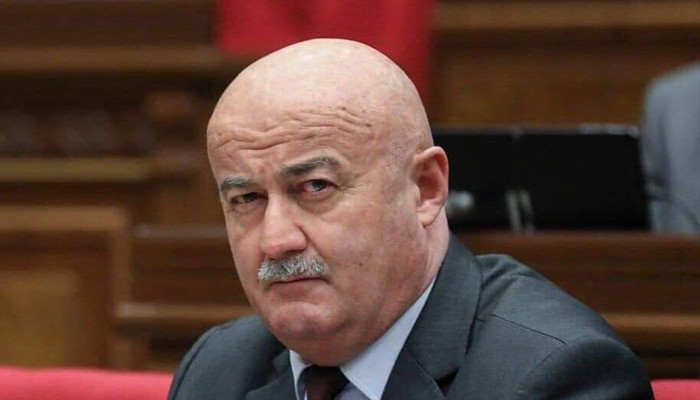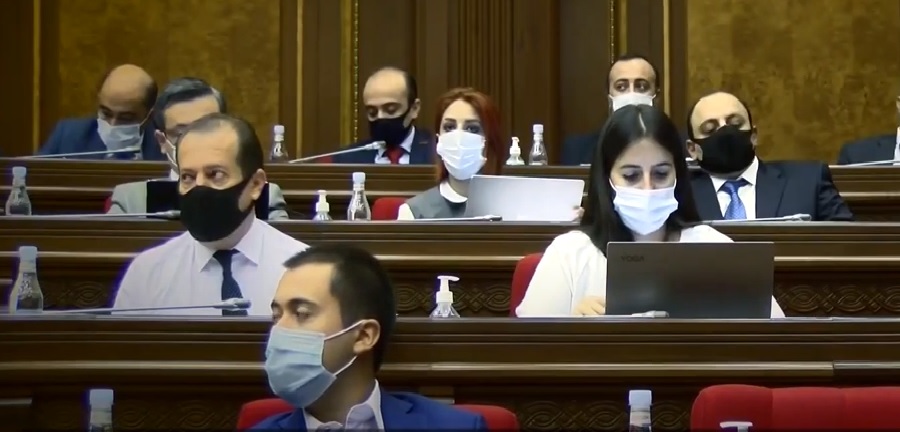The working style of the National Commission on Television and Radio (NCTR) evokes at least suspicion not only in the hot period of licensing contest, but also in daily correspondence.
On February 21, the Committee to Protect Freedom of Expression sent an insured letter of inquiry to NCTR President Grigor Amalyan with the request to provide the application forms and attached documents submitted to the NCTR for the licensing contest on digital broadcasting in the territory of Armenia, as well as the copies of writs and replies sent by the NCTR to the authorized organizations. As a reply to this query, the letter from the NCTR stated that the above-mentioned documents can be provided to make the copies except from the ones that contain trade secret. To avoid any misunderstanding, the CPFE had to send another query to the NCTR to clarify which documents are considered to contain trade secret. To put it mildly, the answer to this letter evokes suspicion towards the implementation of the provisions of its functions as well as principles of its activity on publicity defined by law (Articles 36, 37 of the RA Law “On Television and Radio”). The reason is the following: the documents listed as secret were the signed contracts on retransmission where an assent requisite of both sides is required to make them public. Perhaps, this excuse can be considered substantiated. It is a matter of discussion, as the law (Article 20 of the RA Law “On Television and Radio”) envisages provision of transparency of financial sources of TV companies.
This is one side of the problem, but the question arises when passing to the interpretation of the other side of the issue, “At the same time, personal forms (CVs) of the staff of these companies will not be provided.” In fact, according to the NCTR, it turns out that these forms represent trade secret.
For the NCTR information, “a personal form” and “CV” is not the same thing. A “CV”, a set phrase from Latin “Curriculum vitae,” is interpreted as “biography and work experience.” It means that this form does not contain any secret information, including personal. Through the form, an individual shortly represents his/her education, work experience and skills for various occasions.
A question arises, why the NCTR artificially makes a secret out of it. Perhaps, they believe that these CVs may grant a chance to analyze or decipher not fully fair attitude of the NCTR when estimating the contest packages?
The CPFE intends to get answers to these questions in court by filing a claim against the NCTR. However, it is not unnecessary to remind that all the NCTR members when assuming the office, made a solemn vow envisaged by law, “… I swear to implement my duties in an unbiased way, with maximum conscience and honesty, I will act guided by the principles of publicity, impartiality and justice, independent from any political or economic profit.”
Anna Aloyan
CPFE expert
Copies of CPFE and NCTR correspondence are presented












